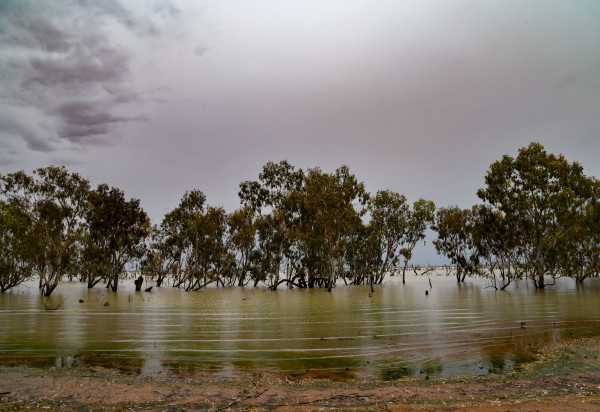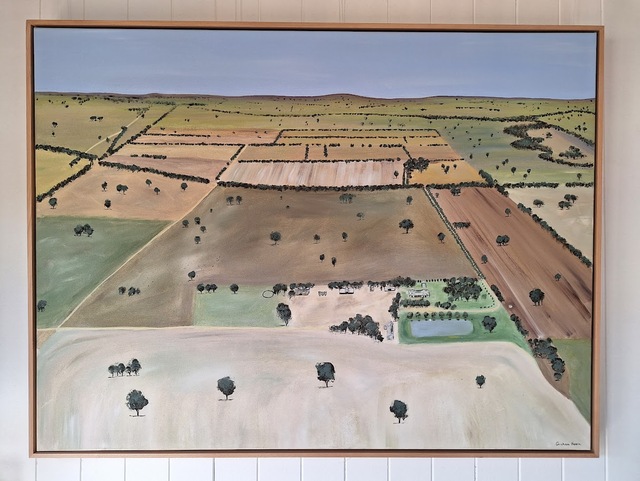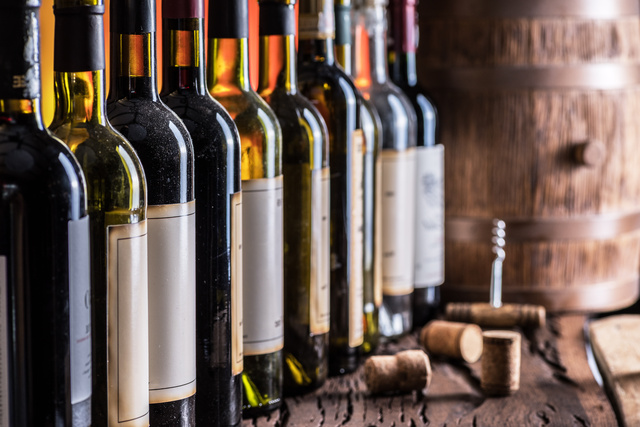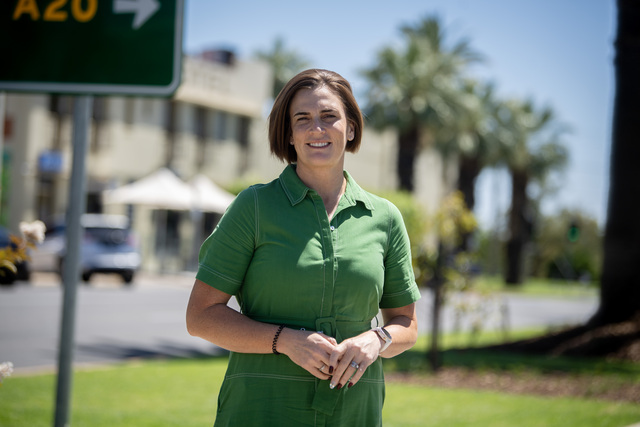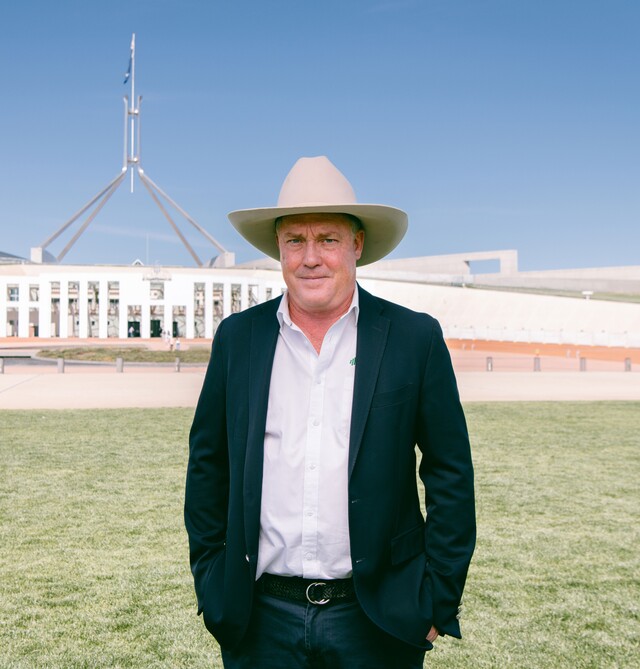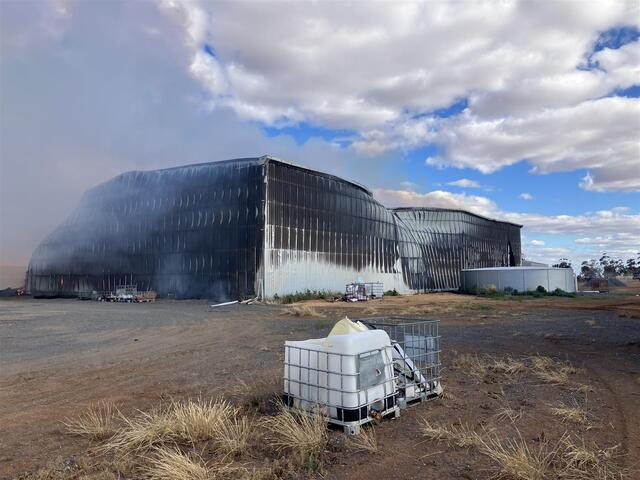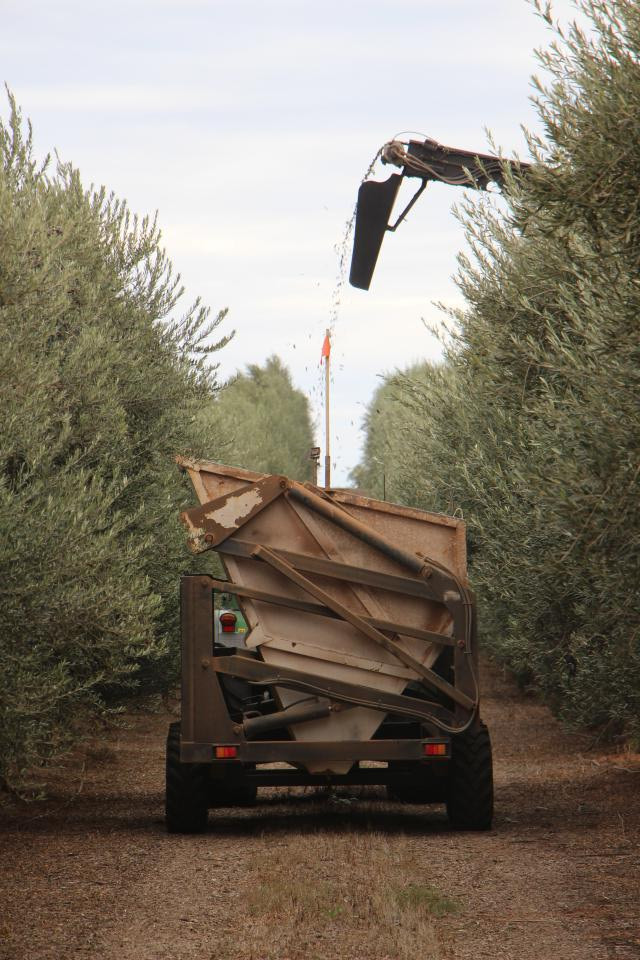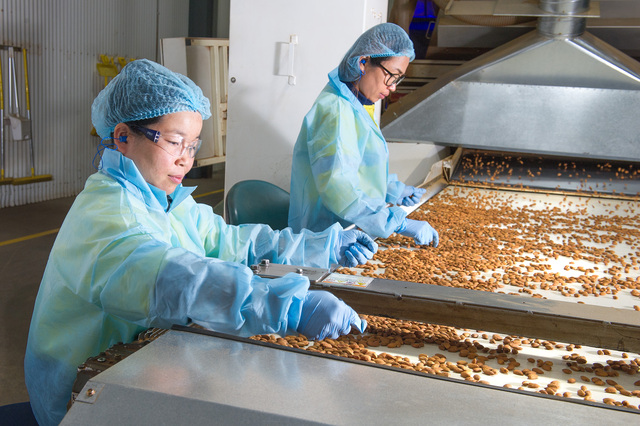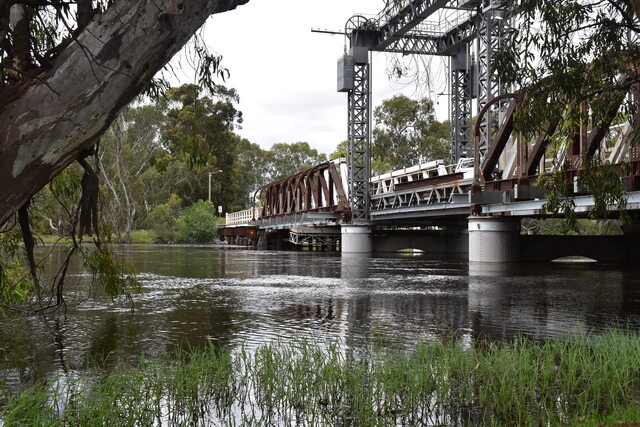THE sharing of water must prioritise human need and the environment over extractive users, says Independent MP Justin Field, who has vowed to make floodplain harvesting an election issue in NSW after a recent motion to disallow the practice failed in the NSW legislative assembly.
“There’s still really broad agreement that this type of water take … should be licenced and it should be regulated, but regulated at levels that are sustainable for the river.” Mr Field said in video on his Facebook page.
“We’ve been pushing the Environment Minister (James Griffin) to stand up for the river. It’s his job. That when there was a flood event, some of that (water) would get downstream for the environment.
“When it comes to sharing the really valuable water in our water systems the priority must be, in this order, critical human need, one, (and) two, the environment.
“And extractive users are tertiary to that primary demand.”
Mr Griffin and NSW Water Minister Kevin Anderson signed off on regulations which allow for licences to be shared in the Border Rivers, and Gwydir catchment areas in northern NSW.
The government said by licencing floodplain harvesting about 100 billion litres of water would return to floodplains and rivers systems per year on average.
Member for Murray Helen Dalton moved a motion in the NSW legislative assembly last week to disallow floodplain harvesting regulations which licenced the practise in the northern basin.
Mrs Dalton said in parliament that while she didn’t oppose licensing, the volume regulated was above the legal take of the 1994 cap, reduced river connectivity and would be “a nail in the coffin for the Darling-Baaka River”.
Member for Barwon Roy Butler, who voted to reject the motion – which lost by a vote of 43 to 36, said disallowing the regulation would mean unregulated floodplain harvesting would continue.
But Mr Butler said the 195 gigalitres of water set as a target for Menindee Lakes was “insufficient” to ensure releases of water down the Lower Darling.
He said an active storage of 195 gigalitres of “active water” on top of water that “cannot be managed” would better protect the lower Darling in dry times.
There are currently three catchment areas — in the Barwon-Darling, Macquarie and Namoi valleys — which have not come into effect later and may not do so until early 2023.
NSW Parliament does not sit until September 13, but Mr Field said he was confident he could get numbers to pass another disallowance motion.
“Get ready for a big debate about this issue,” Mr Field said.
“I’ll be challenging the Environment Minister and the Water Minister in budget estimates in the coming weeks.
“We’d move to disallow the licence provisions, keep the metering provisions and disallow a series of exemptions of overland flows.”

